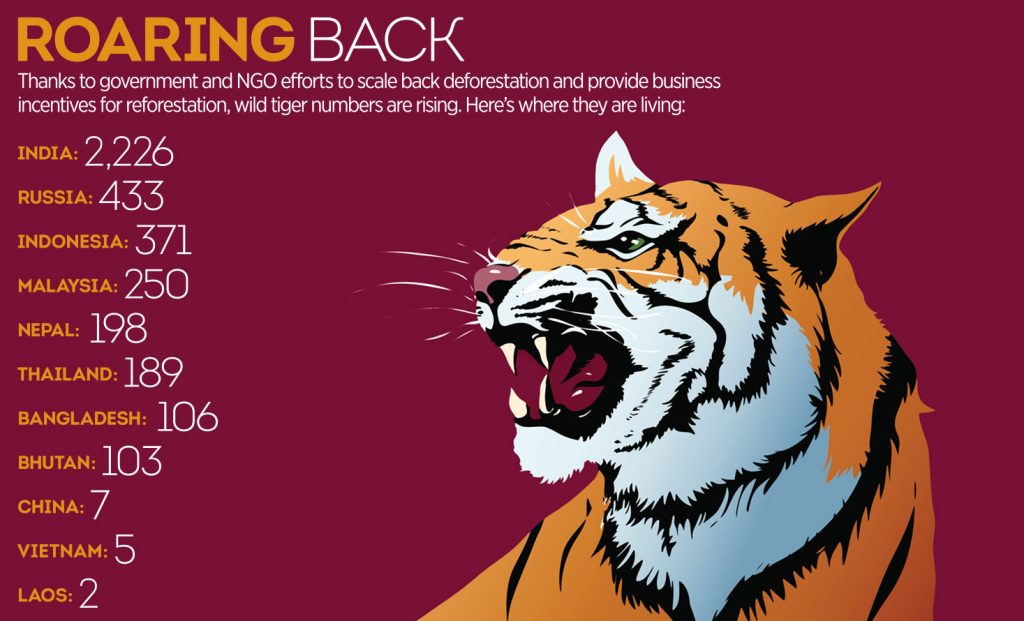Ray of light: Qatari Solar technology
Qatar Solar Technologies may be in its infancy, as it prepares to launch its first Polysilicon plant. But despite its tender age, the company is already setting new green standards in the gulf region and beyond
Qatar Solar Technologies may be in its infancy, as it prepares to launch its first Polysilicon plant. But despite its tender age, the company is already setting new green standards in the gulf region and beyond
In the fight against global warming, solar technology is undeniably one of the most important components for the future. A promising new company within this vital field of sustainability is Qatar Solar Technologies (QSTec) – a budding force that is set to give the energy market a green makeover by way of offering polysilicon products for renewable energy and other green agendas. Founded in 2010, the integrated company is a joint venture between three key organisations in the country: Qatar Foundation, SolarWorld and Qatar Development Bank. “The company was established as a means for Qatar to participate in the global drive to protect the environment,” says Dr Khalid Klefeekh Al Hajri, the company’s enthused board member and CEO.
“Qatar is booming, it has a strong national vision for the future and QSTec forms an important part of that vision. We will focus on quality and set a new standard of excellence for solar products and technologies that are suitable for the Middle East’s climatic conditions and the needs of the global solar energy market.”
QSTec will provide an array of benefits to Qatar on many levels. Not only will the venture create jobs for several hundred people in a string of different fields, it will also help diversify Qatar’s economy and open up new opportunities for entrepreneurs, while spurring on the nation’s research and development sector.
Polysilicon and its specifics
Set to be one of the first polysilicon plants in operation in the region, the conception of a new production facility will mark the first step of QSTec’s promising journey. Spreading across an area of 1.2 million sq m, the plant is located 80km north of Doha in the modern hub that is the Ras Laffan Industrial City. In terms of technical practicalities, the leading German solar energy company, Centrotherm Photovoltaics AG, has been selected to provide the process technology and key equipment necessary to produce polysilicon, the material that helps harness solar power.
During the initial stages of development, the plan was to produce 4,000 tonnes per annum, but that figure has long been surpassed. “After careful consideration and in∞depth evaluation, we established that the demand for quality polysilicon is globally very high, and there is also an increasing demand from the MENA region. In reaction to this discovery, we doubled our initial plans and plan to produce 8,000 tonnes of polysilicon per year, and will look to expand along the value chain ultimately producing solar modules here in Qatar” says Dr. Khalid Al Hajri.
The plant is scheduled to begin operations during the second half of 2013 and has also been designed with future expansion in mind so as to allow for significant production increase. “Our main agenda is to provide our clients with a quality product and flawless service. But, while maintaining high standards, we’re also looking to meet demand as it grows. As solar energy producers with ready access to Qatar’s advanced infrastructure network, we see no geographical limits and can readily service the expanding markets of Asia, Europe, the US, Australia and beyond.”
Qatar’s journey
A booming financial centre and international hub with growing status, Qatar boasts many desirable characteristics. “Protecting the environment for future generations is extremely important in Qatar and plays a major role in the Qatar National Vision 2030” says Dr Al Hajri. The » protection of the environment forms an integral part of the Qatar National Vision 2030. “We have seen great progress in the adoption of environmentally friendly technologies and a number of key buildings have already started to use solar power to generate some of their power requirements or they have incorporated solar technologies into their designs which will help to reduce their carbon footprint,” he continues. Among the growing crop of businesses and organisations that have turned to solar power is the Qatar Foundation Convention Centre, which now prides itself on using solar power to contribute 12 percent of its total energy consumption. The world’s only LEED platinum∞certified student housing complex is well under construction and will use advanced solar and environmental technologies. Solar desalination is being studied, the Qatar Science and Technology Park is currently undertaking several solar research projects and Doha’s new downtown re∞development, Msheireb Properties, will draw some of its power needs through solar. Looking ahead to 2022, when Qatar will host the World Cup, and the stadiums will be cooled using solar energy and advanced cooling technologies. Solar power is clearly the way forward for Qatar. But will this progression stifle Qatar’s current status as the bastion of oil and natural gas? Dr Al Hajri doesn’t think so.
“Natural Gas and other forms of energy will continue to play an important role going forward. Natural gas is already one of the cleanest forms of energy available and we are just adding to Qatar’s clean energy export mix. This region has been blessed with abundant energy both above and below the surface. Through our natural gas exports we have tapped the energy below the surface and now we will look to the sun and tap its unlimited potential.” An important component in the ongoing quest to bring Qatar into the future and diversify its economy and energy resources is through the activities of QSTec’s main shareholder, Qatar Foundation for education, science and community development. Qatar Foundation’s key priorities are to unlock Qatar’s rich human potential with the help of three main pillars, namely: education, science and research, and community development. Qatar Foundation’s investment in QSTec is its first in the solar industry and is one that meets the goals and aspirations of the Qatar National Vision 2030. QSTec will play a pivotal role in fulfilling this note∞worthy quest.













